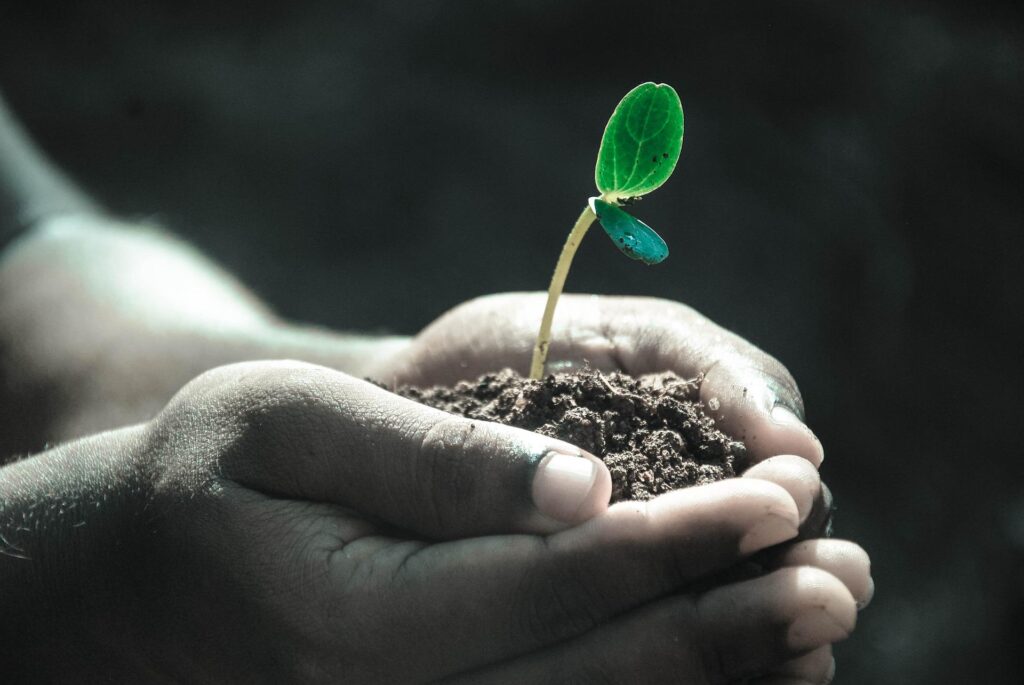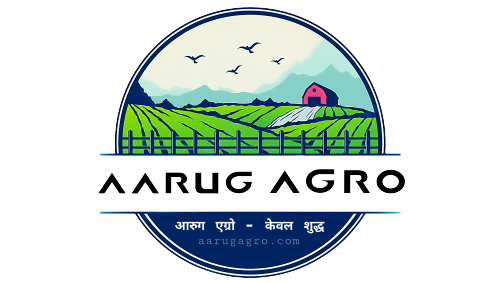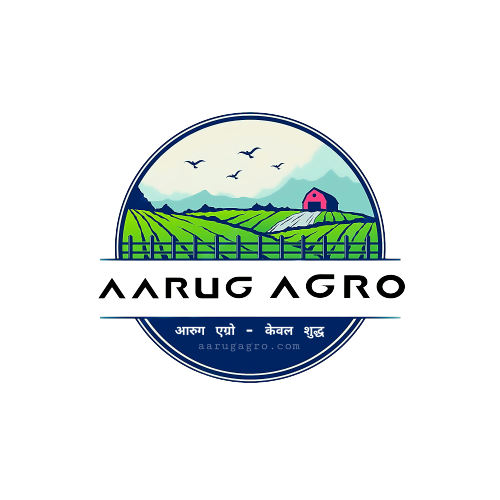
Organic gardening can be defined as follows:
If you do not know what Organic Gardening is, you are not alone. You can learn everything about it on this blog. In fact, after reading this interesting blog you might even be inspired to plant your own organic garden.
Pesticides and fertilizers are not used in organic gardening. Growing plants only with natural products is involved in this method.
The system replenishes and consumes natural resources without affecting their properties at the same time.
Your plants are part of a larger natural system that includes the soil, water supply, animals, insects, and humans.
BENEFITS OF ORGANIC GARDENING
- Chemicals are less likely to be consumed by you and your family.
- Save money while getting a better taste.
- Brings fresh oxygen into your home, terrace, or nearby area.
- Environmentally friendly.
- Carbon footprint is reduced by reducing greenhouse gas emissions.
- There is more room for more plants.
- Cooler surroundings are created by reducing the area’s temperature.
GARDENING OBJECTIVES
- Producing enough high-quality, nutritious food.
- Instead of dominating nature, work with it.
- Agricultural techniques must be avoided at all costs.
- Long-term soil fertility must be maintained and increased.
- Aiming to maintain gene diversity in agriculture, wildlife habitats, and the surrounding environment.
Observing nature’s processes and emulating them in your garden is the essence of organic gardening, not only avoiding synthetic pesticides and fertilizers.

WELCOME TO THE ORGANIC GARDEN
An organic garden can be started in the following steps:
1.Soil preparation
- Soil preparation is crucial for growing healthy plants.
- Organic matter must be continuously added to the soil using locally available resources.
- A soil PH test is the first step.
- If you want to test your soil at home, you can order a kit from the Internet, or you can bring soil samples to your local agricultural extension office where they can be analyzed for you.
2.Compost well
- Compost can be easily made at home.
- There are a lot of readily available materials that can be composted, including leaf litter, grass trimmings, and yard garbage.
- Compost is also available from organic garden centers and mulch suppliers.
3.Gardening Preparation
- Preparing your garden is the next step.
- With the help of gardening tools, you can prepare your garden carefully. Don’t destroy soil, however.
4.What Plants Should You Choose?
- The right plants must be planted in the prepared garden.
- The micro-conditions of your soil type should be considered when selecting plants to plant.
- The type of soil, light requirements, drainage needs, and moisture requirements of your garden plants should all be considered when selecting them for your garden.
A healthy plant will grow faster and have a greater yield
Your crops will be more resilient to attack if they are more resistant.
5.Prepare beds for planting
- Wide beds are ideal for planting crops.
- The soil surface is less likely to be destroyed when you walk on them when harvesting or cutting the flowers if they are planted in beds.
- Rows should be spaced adequately.
- As a result, fungus attacks are repelled because air circulation is promoted.
6.Crops need water
- Planting crops requires watering them as soon as they are planted.
- For the plants to continue growing, it is important to water them immediately after planting.
- A morning watering is also an option.
7.Planting weeds
- By hand pulling weeds, you get some fresh air.
- A weed infestation reduces crop yields by competing for water, light, nutrients in the soil, and space.
- The quality of crops can be reduced when weeds contaminate them. It is always important to remove weeds carefully.
8.Plants Need Nutrients
- Your plants are protected from toxic pesticides and fertilizers when you use eco-friendly organic gardening methods.
- Your plants will grow more quickly if they are in an environment with good light, nutrition, and moisture.
- In addition to enhancing biodiversity, diverse gardens limit the amount of one plant type in each garden.
9.Organic fertilizers
- The supply of nutrients for healthy and productive plant growth is limited despite organic matter and compost retaining water and nutrients well.
- Compost isn’t the only organic fertilizer. Plants produce wood ash that can be used as fertilizer, as well as rock phosphates from rock deposits and animal manures.
10.Gardening Organically
You should know some maintenance tips if you want to maintain healthy organic plants. Several examples follow:
- Adding mulch
- Morning watering
- Composting
- Pruning regularly will allow aeration and light to be maximized.
Start with your own organic garden if you intend to make this world organic, instead of planning big from the beginning i.e., build up to larger organic farms.


